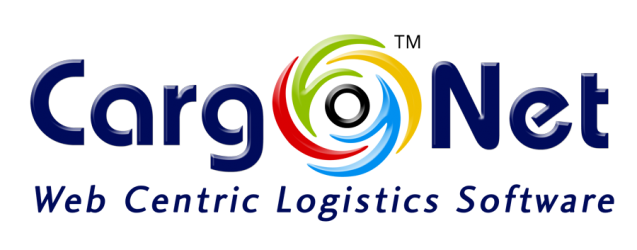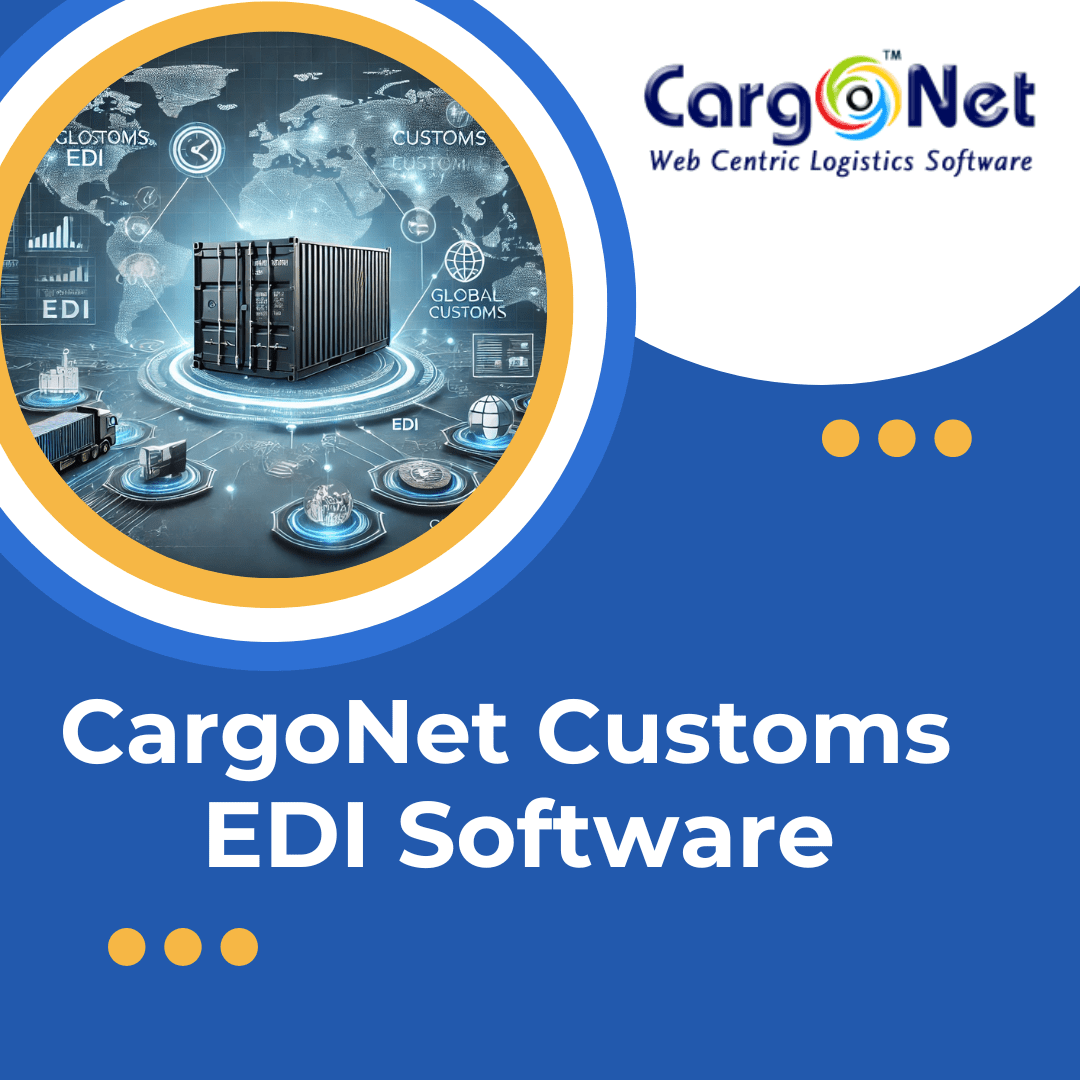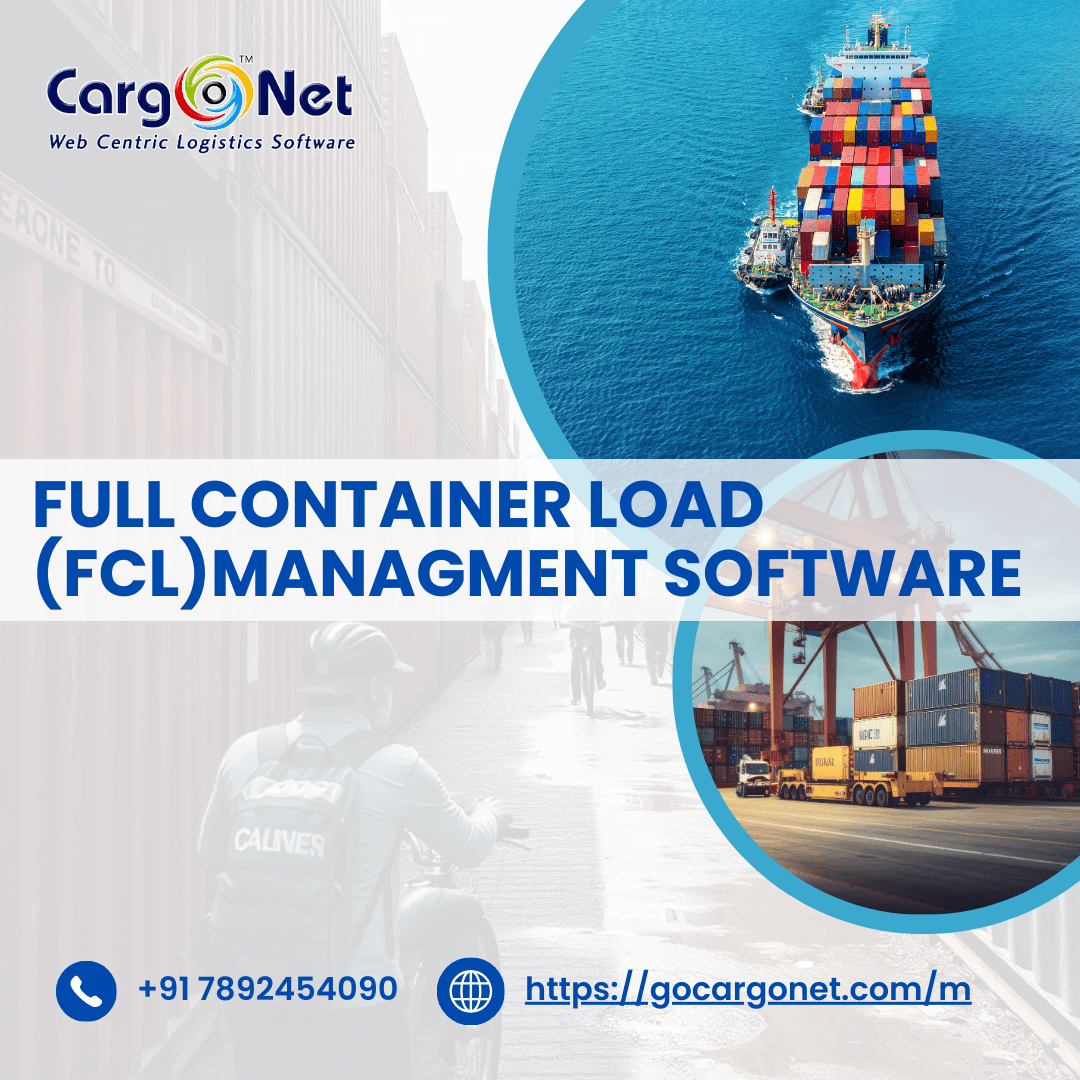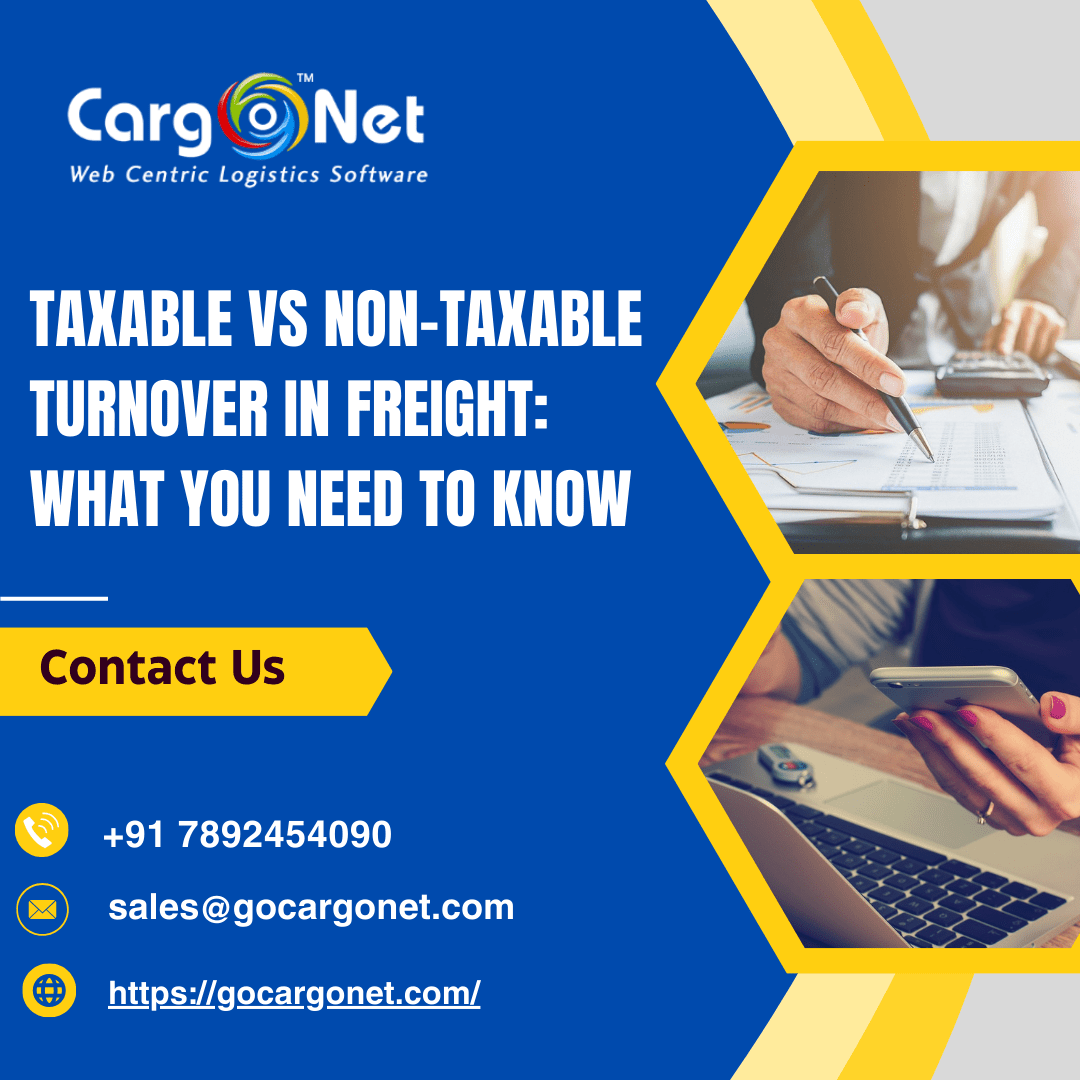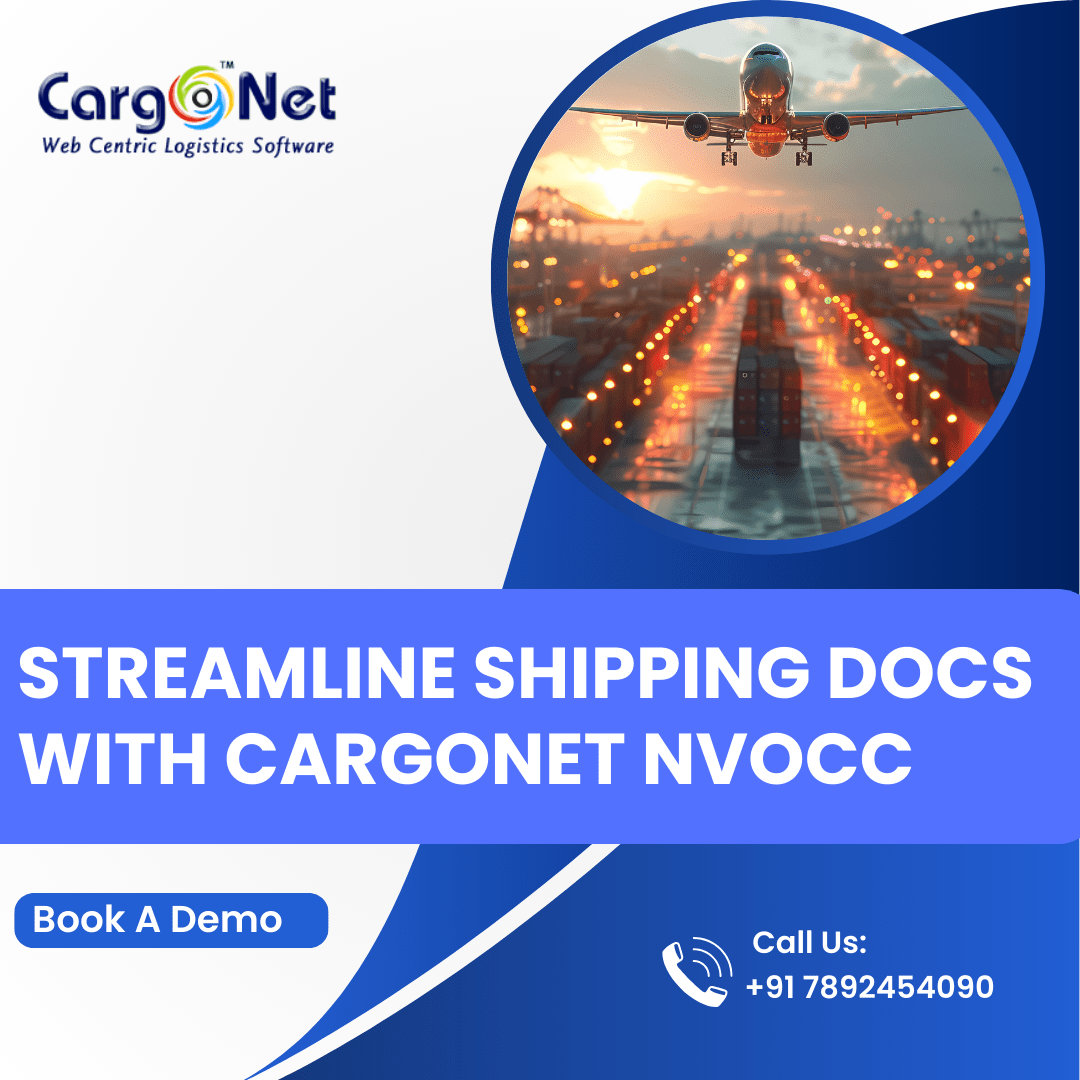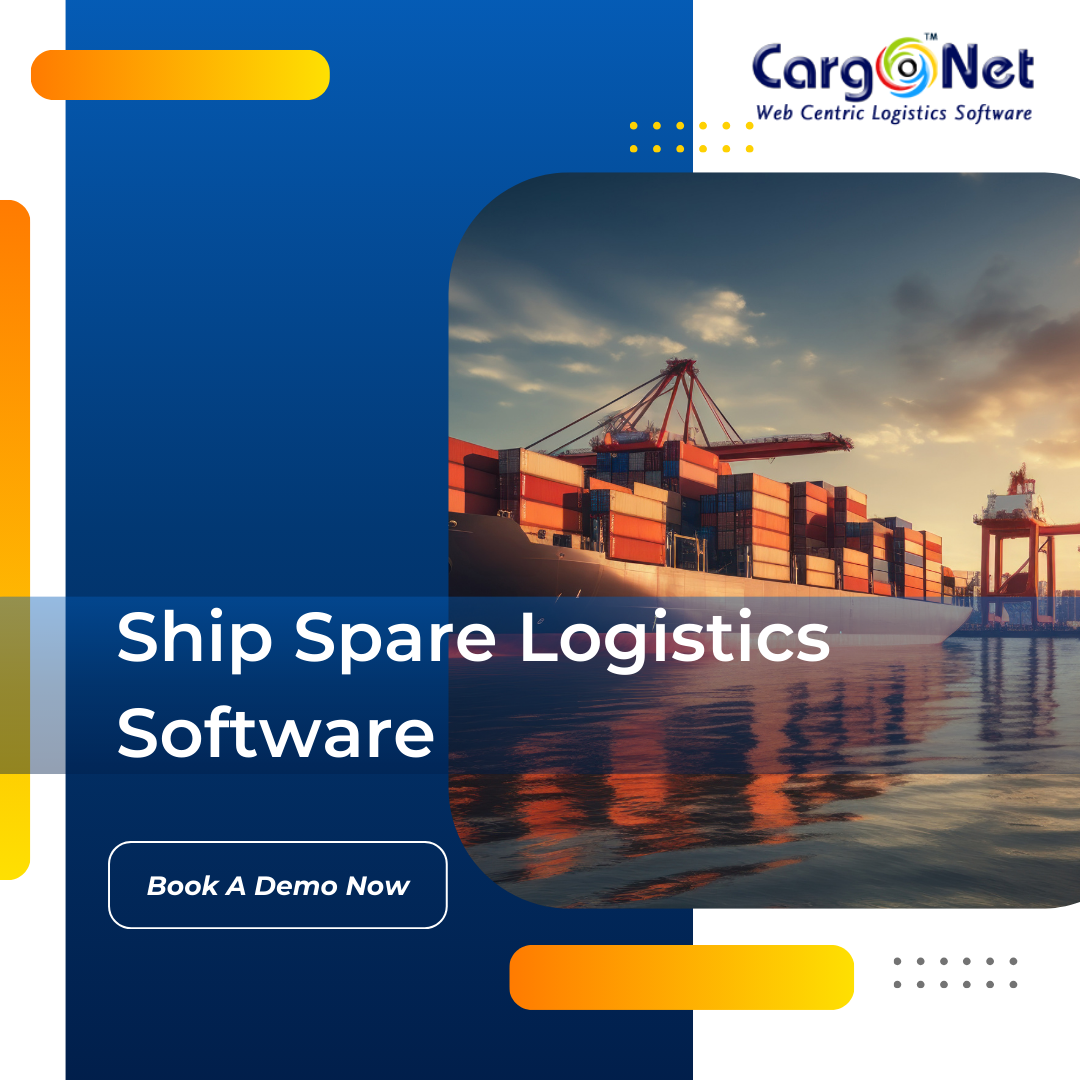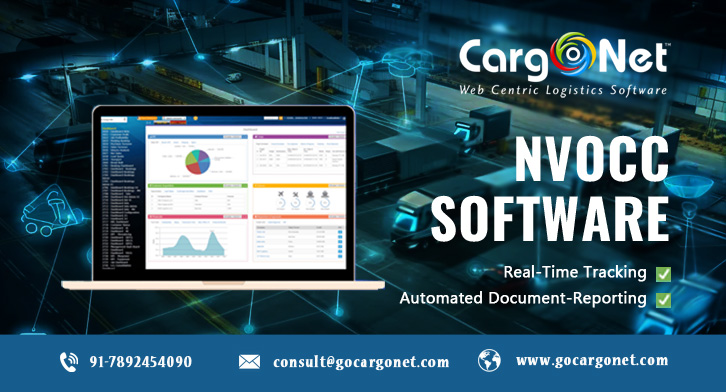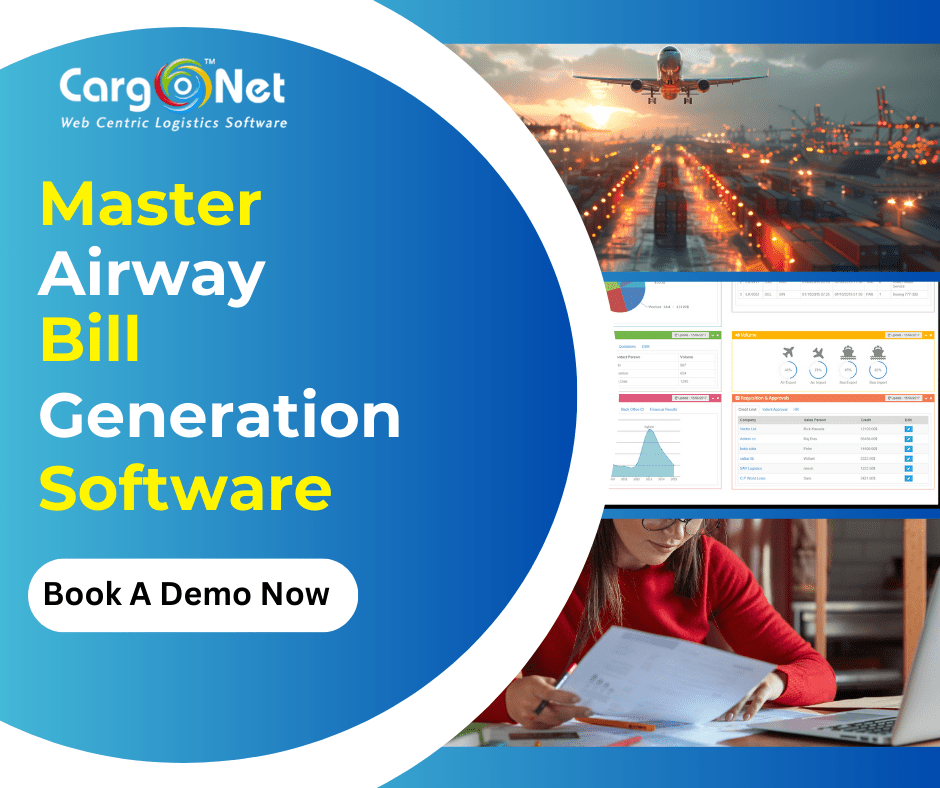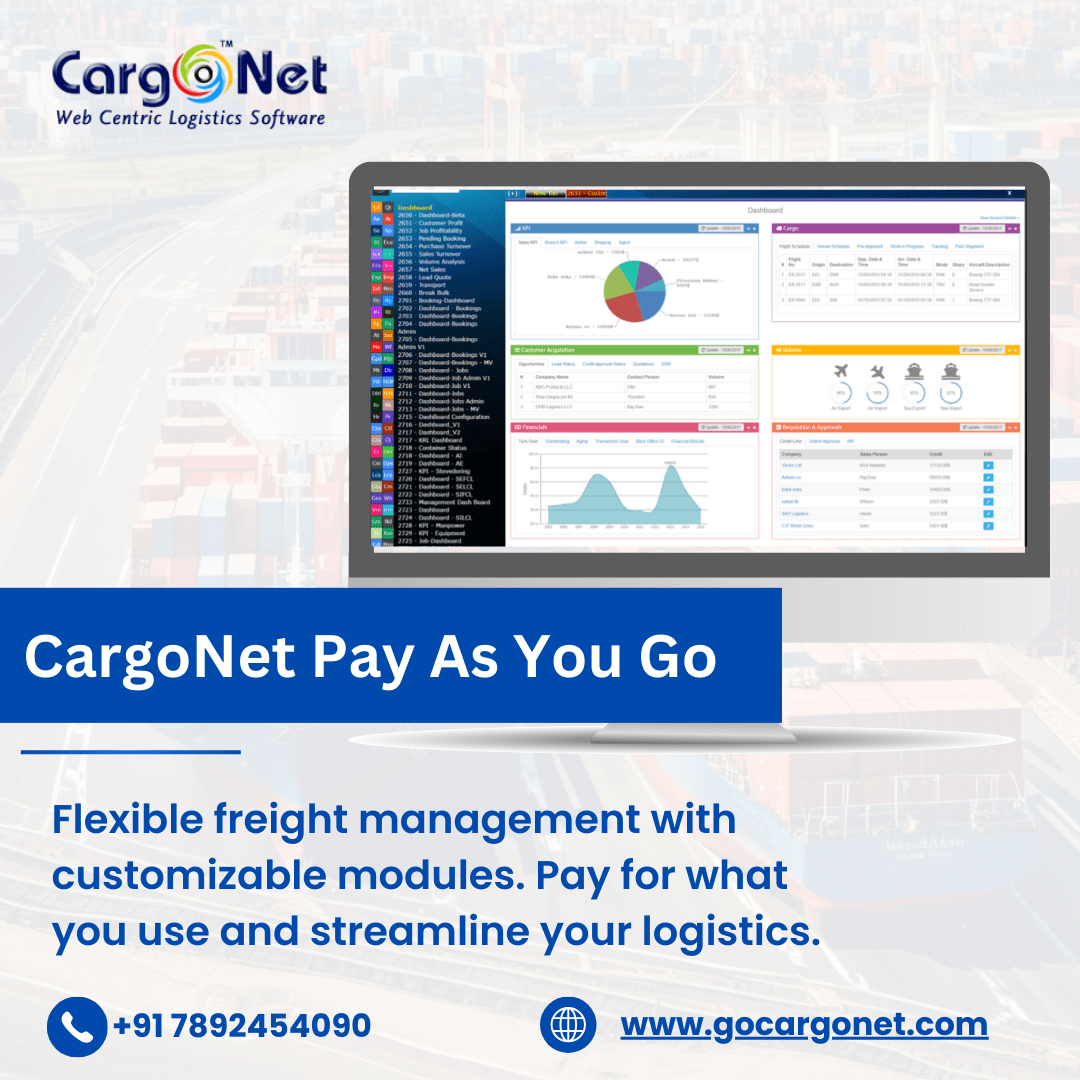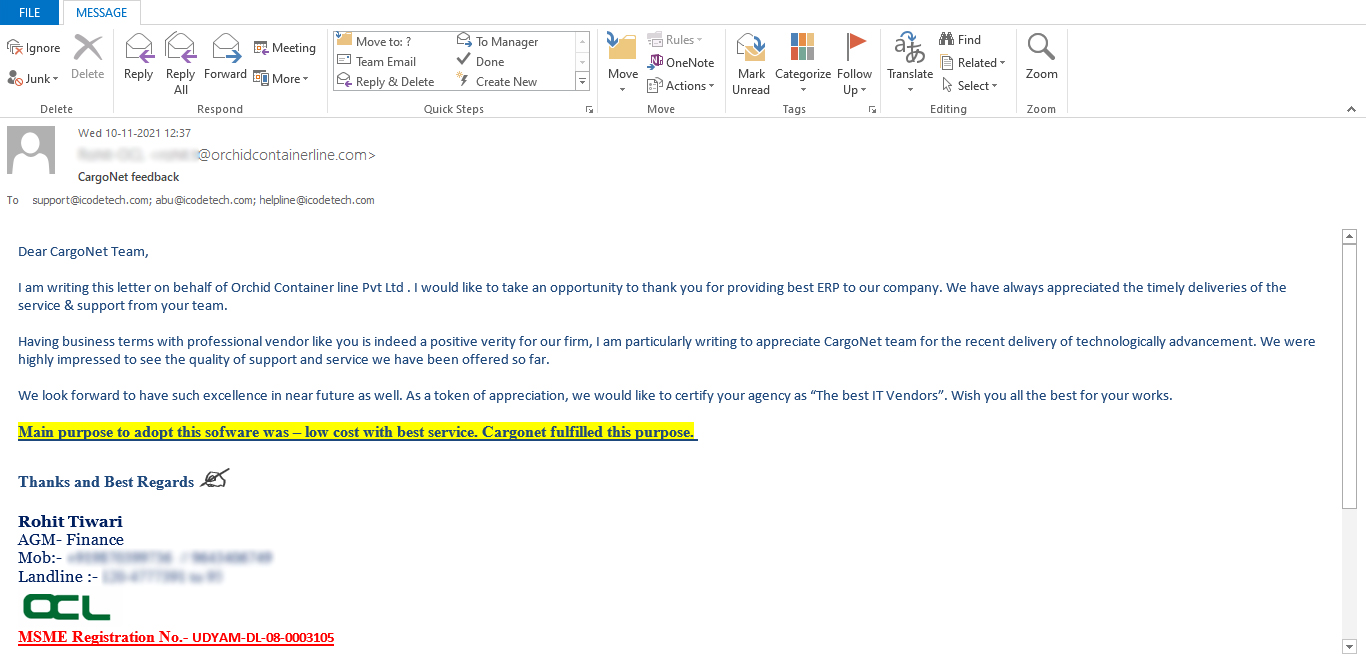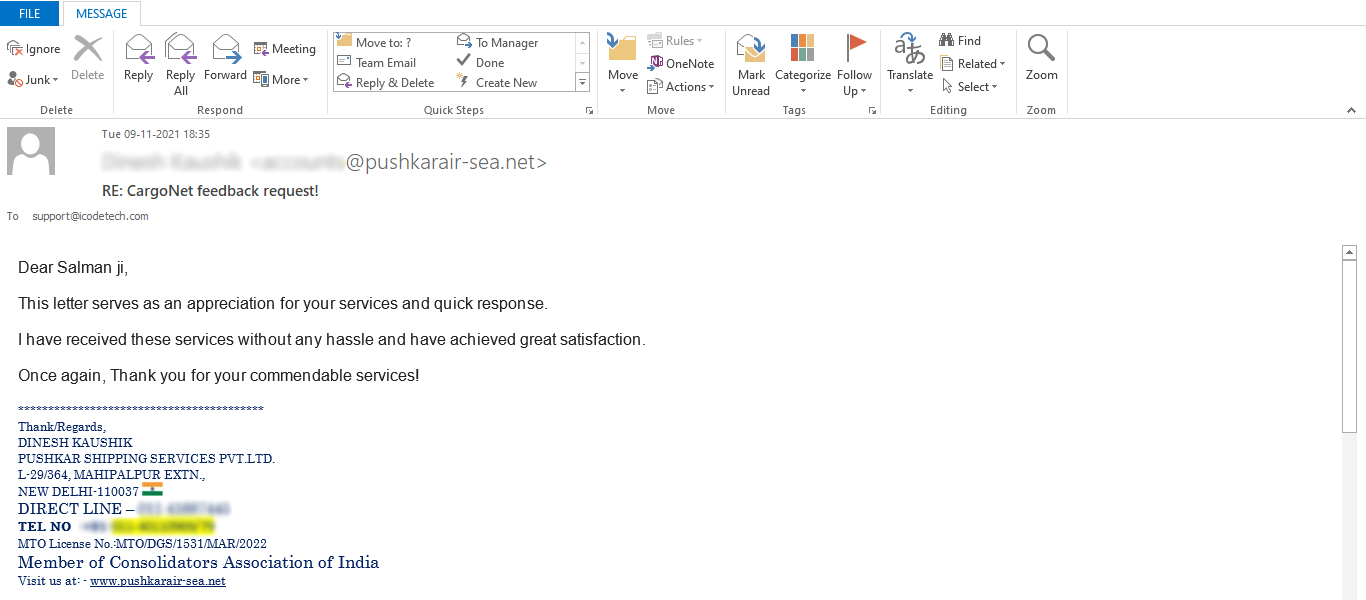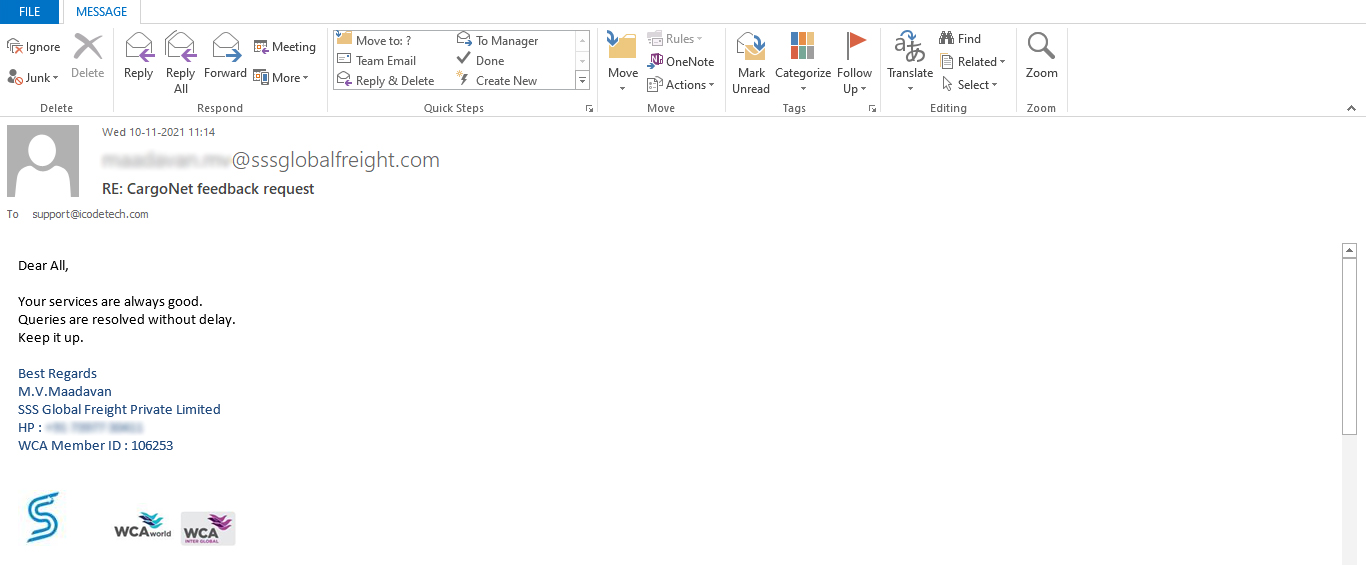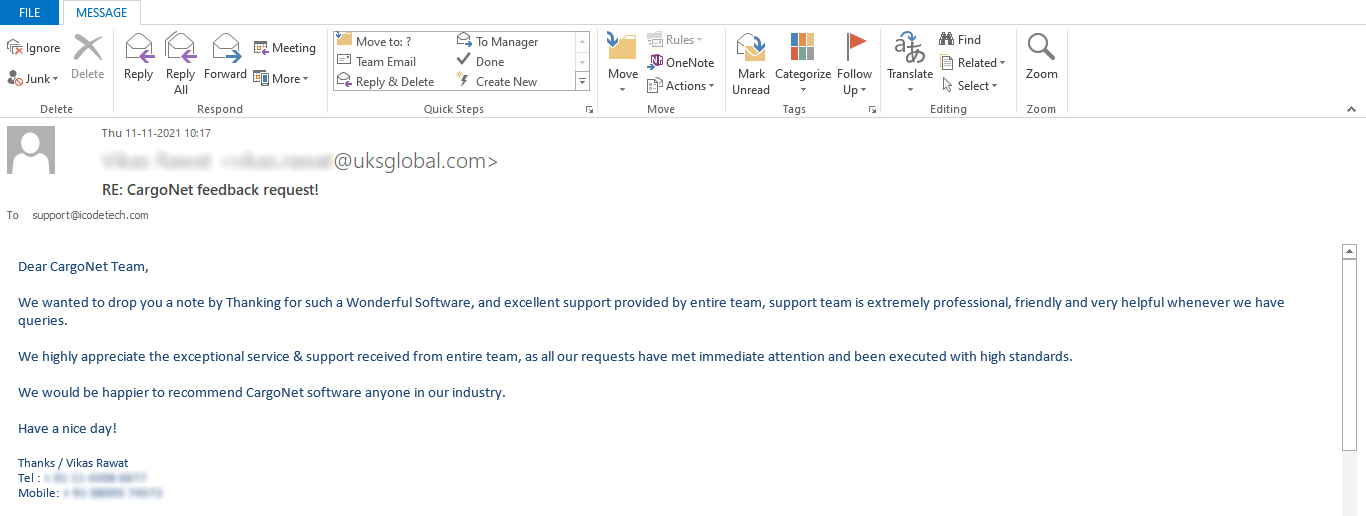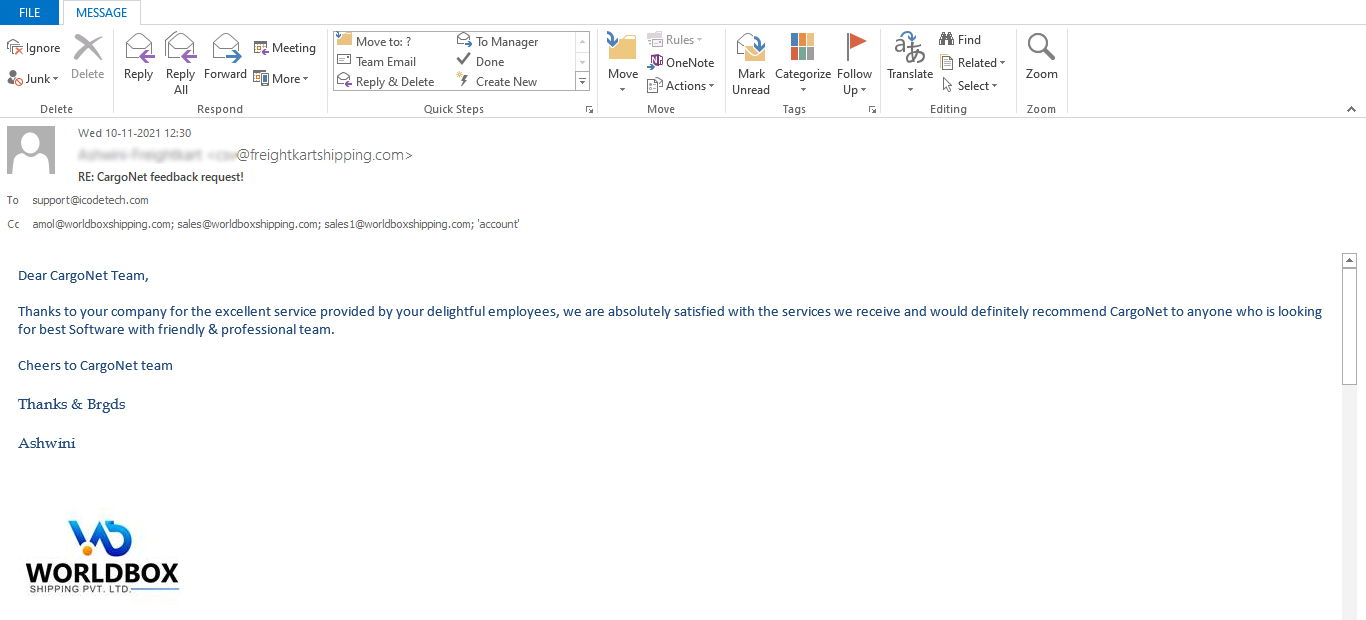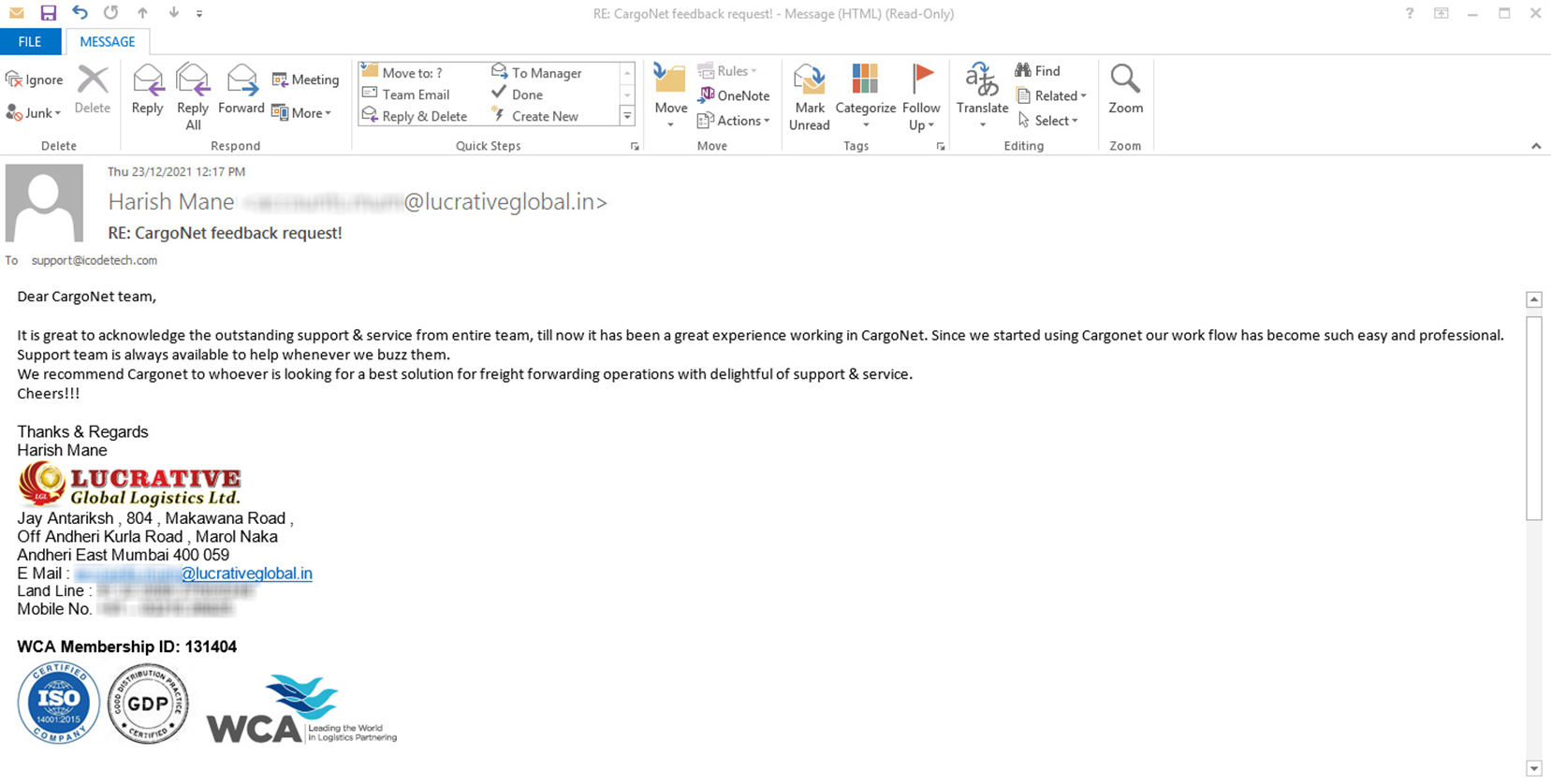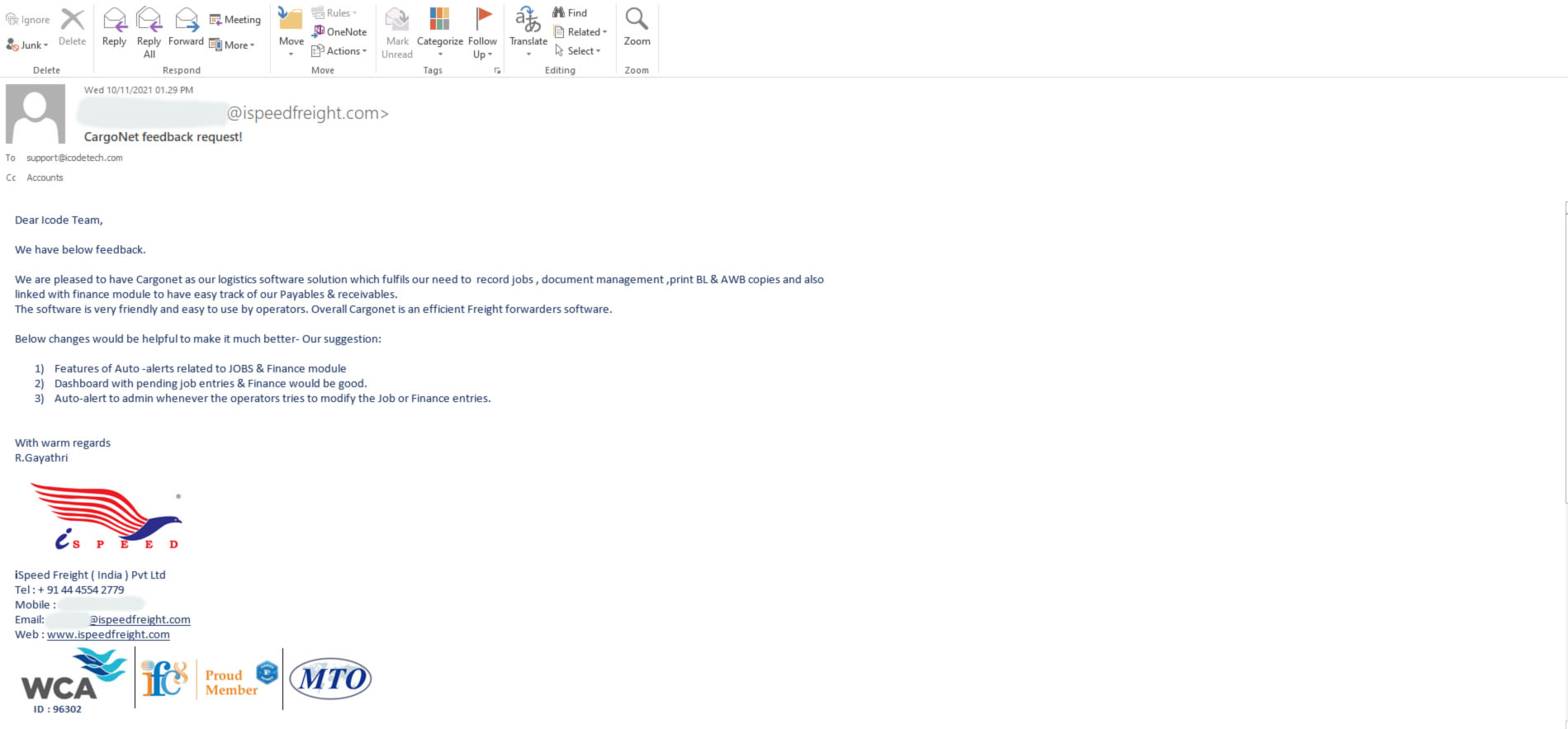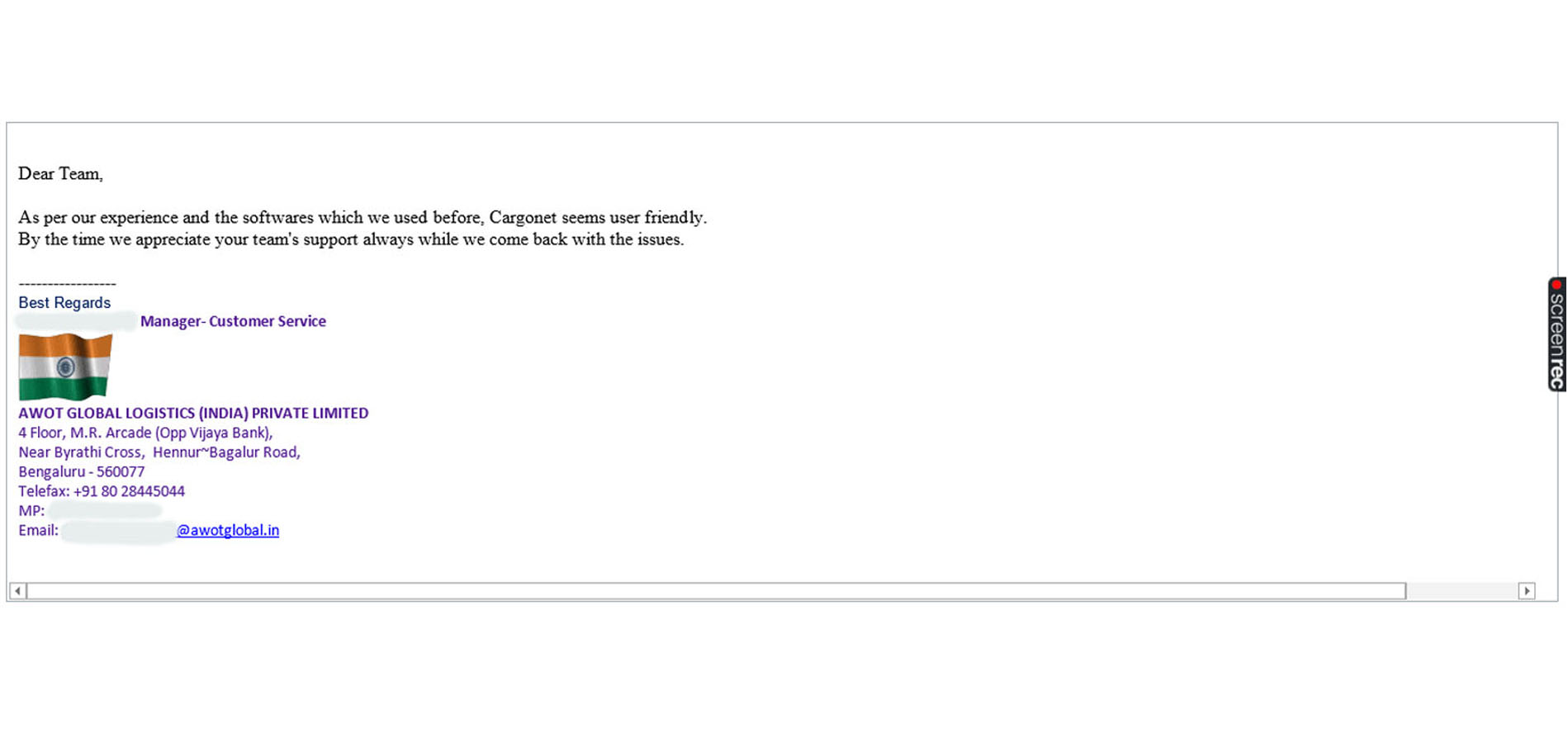Seamless customs clearance is essential for ensuring goods move swiftly across borders without unnecessary delays. Customs EDI (Electronic Data Interchange) software revolutionizes this process by automating and streamlining the exchange of critical documents between freight forwarders, carriers, and customs authorities. With CargoNet Customs EDI Software, logistics companies can effortlessly meet global customs filing requirements, ensuring compliance, minimizing paperwork, and keeping shipments on schedule.
What is CargoNet Customs EDI Software?
CargoNet’s Customs EDI software is a specialized solution that facilitates the electronic exchange of customs-related information between logistics and transportation stakeholders. It automates the preparation and submission of essential documents, such as customs declarations, manifest filings (including AMS and ACI), and Importer Security Filings (ISF), ensuring compliance with local and international regulations. The software validates data to minimize errors, provides real-time tracking and notifications regarding the status of submissions, and helps businesses stay compliant with ever-changing regulations.
CargoNet’s software integrates seamlessly with existing logistics, accounting, and warehouse management systems, enhancing visibility through reporting and analytics. Additionally, it allows integration with customs clearance systems via APIs, significantly increasing efficiency by reducing manual processing time. Overall, CargoNet’s Customs EDI software is an essential tool for logistics companies aiming to streamline their customs processes, improve compliance, and reduce costs in an increasingly complex global trade environment.
Key Features of CargoNet Customs EDI Software
Automated Customs Filing
CargoNet Customs EDI automates the submission of shipping data to customs authorities, reducing the risk of human error. Our software supports various requirements, including:
- AMS (Automated Manifest System): Ensures timely submission of manifest data to U.S. Customs and Border Protection.
- ISF (Importer Security Filing): Facilitates filing of import data to enhance security and compliance.
- ACI (Advance Commercial Information): Complies with Canadian customs by automating advance data submission.
- JP24: Streamlines the customs declaration process in Japan.
By automating these critical filings, your team can focus on strategic tasks rather than paperwork, ultimately improving operational efficiency.
Real-Time Notifications
Staying updated on shipment status is crucial for smooth operations. CargoNet provides real-time notifications regarding filing statuses, approvals, and rejections. These alerts enable your team to:
- Anticipate and address potential issues proactively.
- Keep clients informed about their shipment status, enhancing customer satisfaction.
- Minimize delays at ports or border crossings, ensuring timely deliveries.
Quick action on notifications significantly reduces the risks associated with customs delays.
Global Compliance
Compliance with international trade regulations is complex and constantly evolving. CargoNet’s EDI solution adapts to these changes, ensuring your shipments meet the latest standards. This capability helps businesses:
- -Stay informed about regulatory changes in different countries.
- -Avoid costly penalties and shipment holds due to non-compliance.
- -Maintain a positive reputation with customs authorities for smoother operations.
Seamless Integration
CargoNet’s Customs EDI software integrates effortlessly with your existing logistics systems and connects with customs clearance platforms through APIs. This smooth connectivity ensures efficient data flow between departments, partners, and customs authorities without duplicating efforts. Benefits of integration include:
- -Reduced data entry errors through automated data synchronization.
- -Improved collaboration among teams by centralizing information.
- -Enhanced visibility into your operations, leading to better decision-making.
Cost Efficiency
The automation of data exchange and reduction of manual tasks offered by CargoNet Customs EDI lead to significant cost savings. Streamlining processes allows businesses to:
- Handle more shipments with fewer resources, increasing throughput.
- Minimize costs associated with delays and compliance failures.
- Allocate resources effectively, focusing on growth rather than administrative tasks.
Customizable Solutions
Every logistics operation has unique requirements. CargoNet offers customizable solutions tailored to your specific needs, allowing you to:
- -Implement workflows that align with your business model.
- -Adapt the software as your business evolves or regulations change.
- -Choose additional modules or features that enhance your specific processes.
Why Choose CargoNet Customs EDI Software?
Enhanced Security
CargoNet prioritizes your sensitive shipment data with robust security measures, including encryption protocols and secure access features. This ensures your data is protected from cyber threats, giving you peace of mind.
Scalability
Whether you’re a small logistics provider or a large enterprise, CargoNet grows with you. The software is designed to manage varying shipment volumes, adapting to your business’s expansion without compromising performance.
User-Friendly Interface
Despite its powerful capabilities, CargoNet is designed for ease of use. Its intuitive interface allows your team to navigate the system effortlessly, reducing training time and enhancing productivity.
Comprehensive Support
CargoNet offers ongoing support to ensure your operations run smoothly. From onboarding assistance to troubleshooting, our dedicated support team is available to help you every step of the way.
Conclusion
CargoNet Customs EDI Software simplifies customs compliance by automating the filing process and ensuring your business adheres to global trade regulations. By utilizing cutting-edge technology, it minimizes errors, prevents delays, and keeps your operations running smoothly.
If you’re looking to optimize your customs processes and boost efficiency, consider CargoNet’s reliable Customs EDI solution. Request a demo today to see how we can help enhance your logistics operations.

